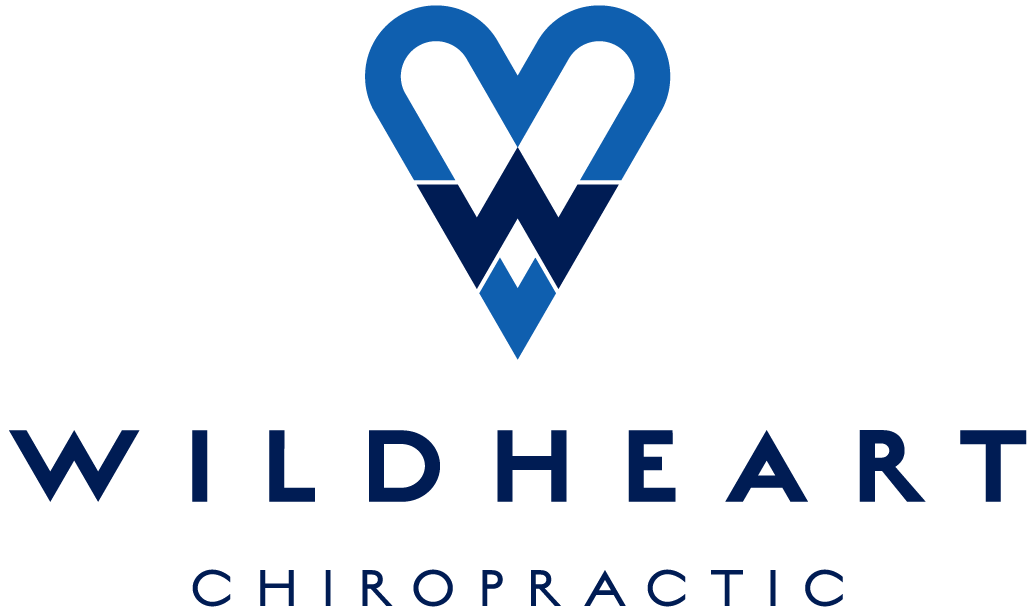Symptoms- Friend or Foe
This week I want to talk about symptoms, I have noticed a few people have been dropping out of care when their symptoms improve.
Whether the symptom is, low back pain, chronic headaches, anxiety or whatever the case may be, symptoms are often misleading. Look for the solution, not the symptom.
Further, understand one concept – the body heals itself. If you treat the root, the body will take care of itself, naturally. The symptoms is just a message to tell you change needs to be made, a sacred messenger if you like.
Symptoms begin to subside when the patient reaches a 70% improvement. But, what about the other 30%? Just because one is in an asymptomatic state (no pain), does not mean the underlying cause is still not scratching the surface. This is only the beginning of the health journey. We ofter base our health on how we feel and not on how we function.
As we continue with care and get into the higher percentages of healing we move into more vitalistic care, to create more optimal function, meaning our bodies can adapt better to the stressors we encounter day to day.
In todays society safe to say that most people are sympathetic dominant. What is this? The central nervous system (brain and spinal cord). There are two major parts: the sympathetic and parasympathetic nervous system.
Basically, they are opposites. When you are in a relaxed state, you’re engaging the parasympathetic nervous system. In regards to healing, this is exactly what you want. When you’re in this state, the body dilates the blood vessels and releases pain killing endorphins to aid, promote and speed up the healing process.
On the flip side, if you’re constantly stressed, the sympathetic nervous system will trigger a cascade of stress responses in the body – not good for healing.
Chiropractic helps promote optimal neural function creating a parasympathetic state, creating a doorway for growth and change in the body. And also allows an optimal brain-body connection, this enables the major regulatory system in the body (the chief conductor) regulate all the other bodily functions more optimally.
Something from Deb's
The Heart of Things
Neil and I often talk about the connectivity of our body systems. It is an incredible network constantly communicating and enabling us to get on with our day-to-day lives. However, there is an organ that ensures those things continue to flow and move throughout our body system with amazing regularity. It is our heart.
This clever, fist sized organ beats 100,000 times a day. It’s pumping 7,000 litres of blood throughout our body, delivering nutrients and hormones where they are needed and at the same time removing waste and excess heat. It’s a real work horse so we need to nourish and care for this precious organ. Unfortunately, our lifestyle and eating habits often mean we are not doing this as well as we should.
Statistics from the British Heart Foundation tell us seven million people in the UK are living with heart and circulatory disease. Each year, one quarter of all deaths are related to heart disease and the figures continue to rise. This might explain why statins are the most common medication prescribed in the UK today. Their job is to reduce cholesterol which has been linked to heart disease. They (statins) do this by blocking an enzyme called HMC CoA Reductase.
Whilst the medication has the desired effect doctors want it to have, it also means it reduces the production of an antioxidant called Coenzyme Q10 (CoQ10). Our body makes this antioxidant to provide growth, development and energy to our cells. So if someone is on statins, they should on good a quality supplement to help. As an aside, CoQ10 often reduces as we age and also with people who have Parkinson’s Disease and those that suffer with migraines.
As a nutritionist, I would never suggest anyone go off their medication because I am not a medical doctor. I do however, work alongside GPs and ask clients to speak with them about the positive aspects of incorporating nutritional changes into their lives. There is ample evidence conducted by medical doctors and researchers over 30 years that shows heart and circulatory diseases can be reversed through diet and lifestyle changes. This means even if you don’t have issues with your heart health, there are preventative measures you can put in place to take care of it.
Next week I will go into more detail about cholesterol and fats - the good and the bad. The following week I will talk about foods that can help and provide a tasty recipe that will support this too.
If you have any questions about ways to incorporate food and lifestyle changes please get in touch with me on 07747755659 or contact me on my Facebook page https://www.facebook.com/rootstolivewell If you have any health concerns and are interested in making changes please consult your GP first and foremost.
